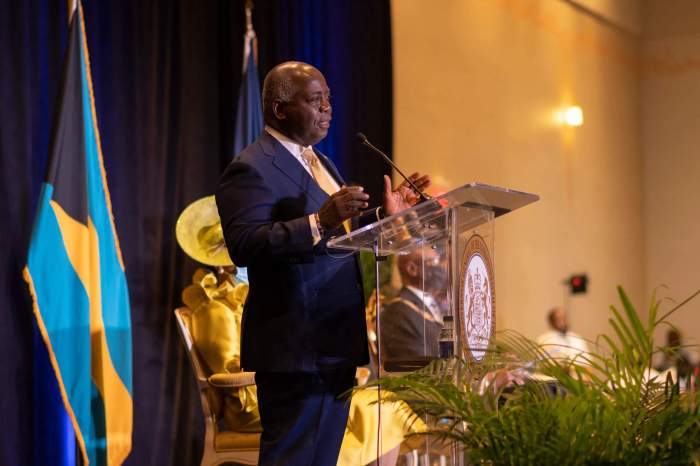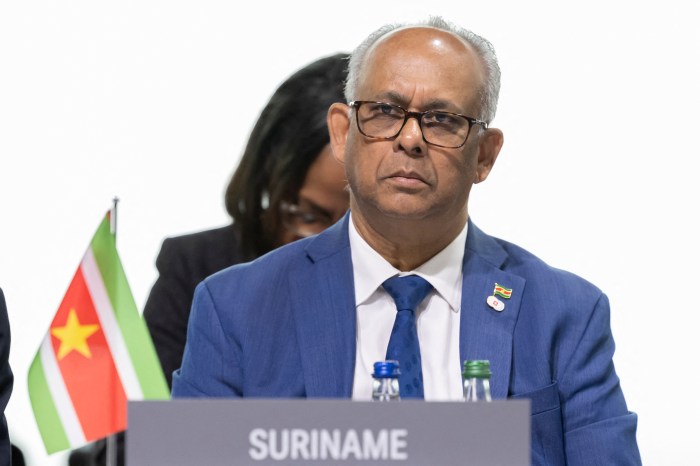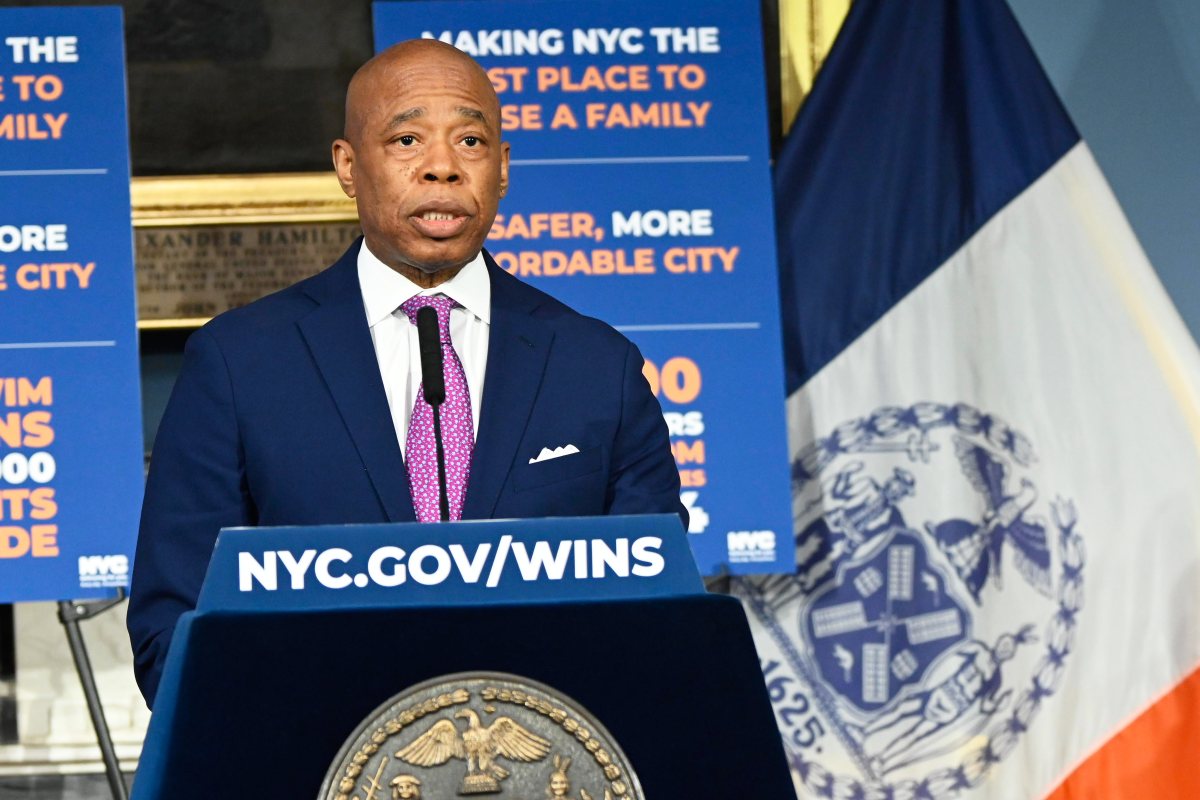In the Caribbean fight to make Britain and other former European slave-trading nations pay reparations for slavery, one thing is becoming quite clear. Britain has absolutely no intention of owning up to its part in the cruel transatlantic slave trade that killed more than 10 million Africans. Instead it wants to talk about cooperation, not reparations.
In the past week, the British Minister of State for Caribbean and Commonwealth Affairs, Lord Tariq Ahmad made this plain and clear in a swing through Jamaica as he responded to calls for Britain to own up for its part in slavery and its effects which linger in various forms of Caribbean life to this day.
Lord Ahmand argued that the region would be making a big mistake to continue fighting for reparations or compensation from Britain. Rather he said, the island and the Caribbean should focus more on leveraging its common heritage the two sides share.
“I think it’s not important looking back in history. It’s about looking forward and that’s where my focus is on this visit,” said Ahmad told the Gleaner Newspaper. “It’s important that we now move forward on to a positive agenda of what exists and the opportunities which exist. My visit here is not to look back in history, but to help chart an even richer association between Britain and Jamaica,” he said.
His remarks echo that of former British Prime Minister David Cameron who had made similar remarks on a visit to the very same island in 2015. He had also suggested that the region should not expect a cent of money from the British territory but rather periodic releases of development aid like the Sterling 300M London gave the region for infrastructural works. The minister appeared to concentrate more on playing up close relations with Jamaica and the region rather than the task at hand.
“If you look at the context of modern slavery, our prime minister (Theresa May) has been quite clear. We must look at where we are today. I think, historically, if you look at the ties between our two countries, they are very strong. We have great strengths. I think it’s important that we now move forward on to a positive agenda of what exists and the opportunities which exist.”
His remarks come as the umbrella Caribbean Reparations Commission (CRC) is preparing to respond to replies from European nations for a high level summit meeting with regional leaders and to begin talks about how reparation payments will be made.
Several governments including Spain, The Netherlands, France and Britain have replied to the demand letters from Barbados Prime Minister Freundel Stuart as the regional leader for the issue.
Leaders have said that they will try their very best to have a negotiated settlement to the reparations issue but they have already latched on to the back up plan by hiring a British firm, which had won millions in payments from Britain after its soldiers had slaughtered hundreds of Kenyan tribesmen during the colonial era. Lord Ahmad also visited Trinidad and Barbados during his rather low key Caribbean swing.
If the two sides can’t agree on a way to deal with reparations, the matter would be referred to the World Court in The Netherland for a once and for all settlement but for now, leaders and commission representatives are almost strictly talking about a negotiated settlement.
In the past week as well, Commission head and University of the West Indies Vice-Chancellor Sir Hilary Beckles added a new dimension to the fight by calling on Europe to launch a US-styled Marshal Plan to rebuild nations ravaged by hurricanes Irma and Maria. The United States had drafted and helped to implement the plan to rebuild Europe after the last world war.


























